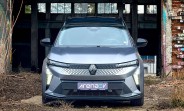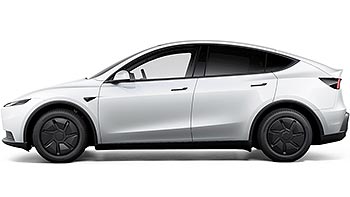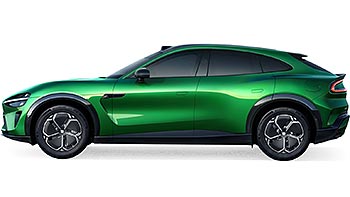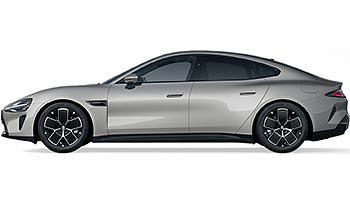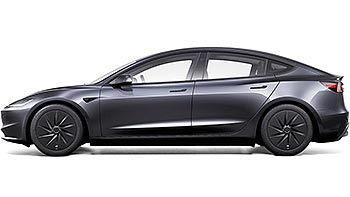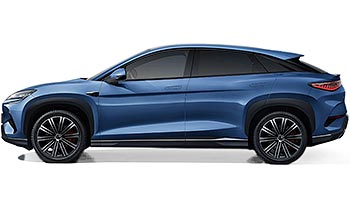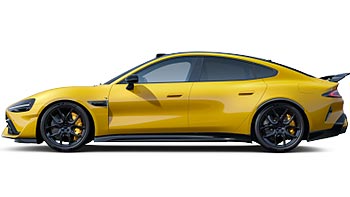BMW CEO calls for EU to rethink its 2035 combustion engine ban

The European Union's plan to ban new petrol and diesel cars by 2035 is facing pushback from local maker BMW. The German giant, known for its sporty driving experience and luxury vehicles, is urging the EU to reconsider the ban, arguing that it could increase Europe's dependence on China for electric car batteries.

BMW CEO Oliver Zipse, speaking at the Paris Auto Show, voiced his concerns about the ban's potential impact on the European automotive industry. He believes that a complete shift to battery electric vehicles by 2035 would leave European carmakers overly reliant on Chinese battery suppliers.
"A correction of the 100% BEV target for 2035 as part of a comprehensive CO2-reduction package would also afford European OEMs less reliance on China for batteries," Zipse stated. He advocates for a more "technology-agnostic" approach that allows for the development and implementation of alternative powertrain technologies.

Unlike some car manufacturers who have gone all-in on EVs, BMW has adopted a diversified strategy. While investing in electric cars, the company also continues to explore other options, such as e-fuels and hydrogen fuel cells. This approach, they argue, provides more flexibility and reduces reliance on a single technology.
Zipse isn't alone in his skepticism about the 2035 ban. Porsche's CFO, Lutz Meschke, has also suggested that the ban might need a second look. Germany and Italy have expressed reservations, successfully lobbying for an exemption for vehicles running on carbon-neutral fuels.

The EU's ban, enacted in 2022, aims to accelerate the transition to electric vehicles and combat climate change. However, the reliance on Chinese battery technology has raised concerns about supply chain vulnerabilities and potential geopolitical risks. China currently dominates the global EV battery market, controlling a significant portion of the production and raw materials.
Zipse argues that a more balanced approach, incorporating a mix of technologies, would better serve Europe's interests. This would include continued development of EVs alongside alternative solutions like e-fuels and hydrogen, allowing European manufacturers to maintain their technological edge and reduce reliance on external suppliers.
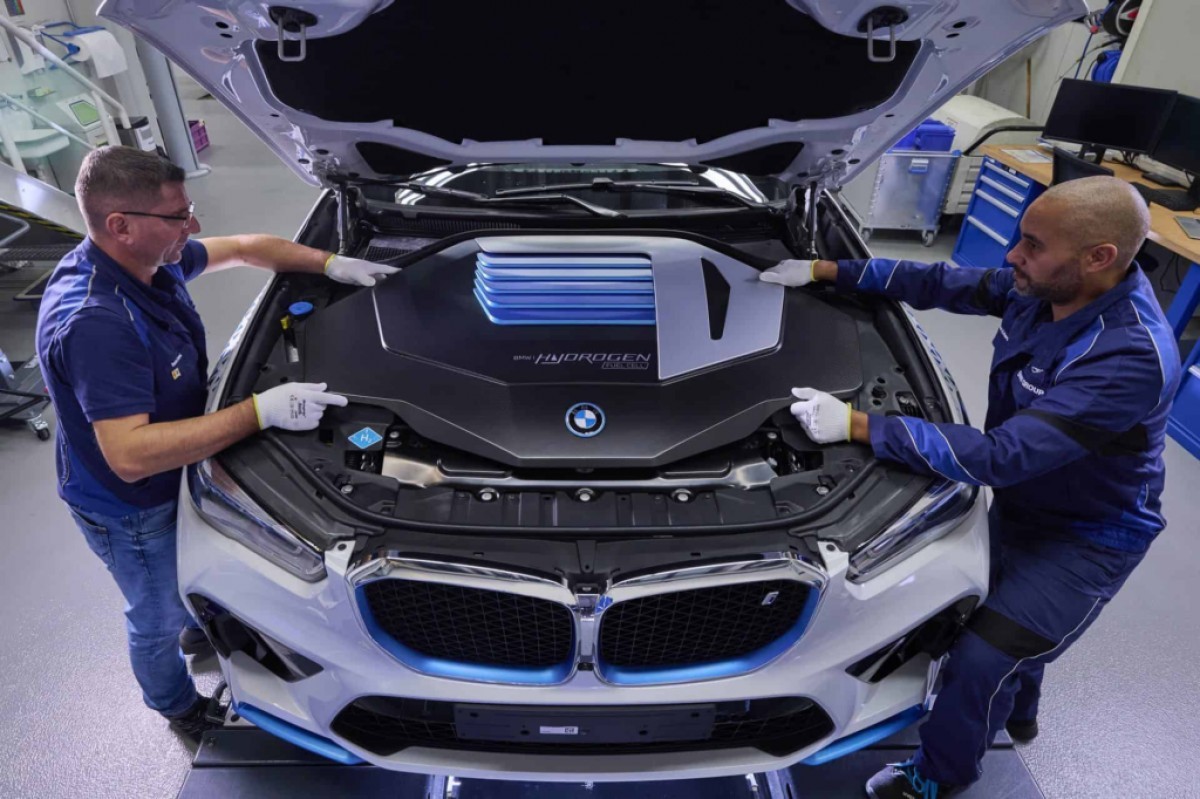
The debate over the 2035 ban highlights the challenges of transitioning to a cleaner transportation future. While electric cars are seen as a key solution, concerns remain about their range, charging infrastructure, and the environmental impact of battery production.
The EU has scheduled a review of the 2035 targets for 2026. This review will likely involve intense discussions and negotiations as policymakers and industry leaders grapple with the complexities of decarbonizing the automotive sector.
Related
Reader comments
EVs have more carbon footprint than ICEs. only 5% of total EV batteries are recycled. the rest is toxic e-waste. So, unless there is a proper sustainable technology - like hydrogen fuel cell - takes place, we should keep ICEs.
- 21 Oct 2024
- iKx
- Anonymous
europe was and still being harvested by the americans. thousands of talented/uber iq germans supercharged 'american tech' after ww2. brits gave away their secrets/crown jewels to the americans. not sure why so many celebrate church...
- 17 Oct 2024
- IkM
- Anonymous
They know they can't compete with China on anything but ICEs. That's the only thing they have left.
- 17 Oct 2024
- mW4




